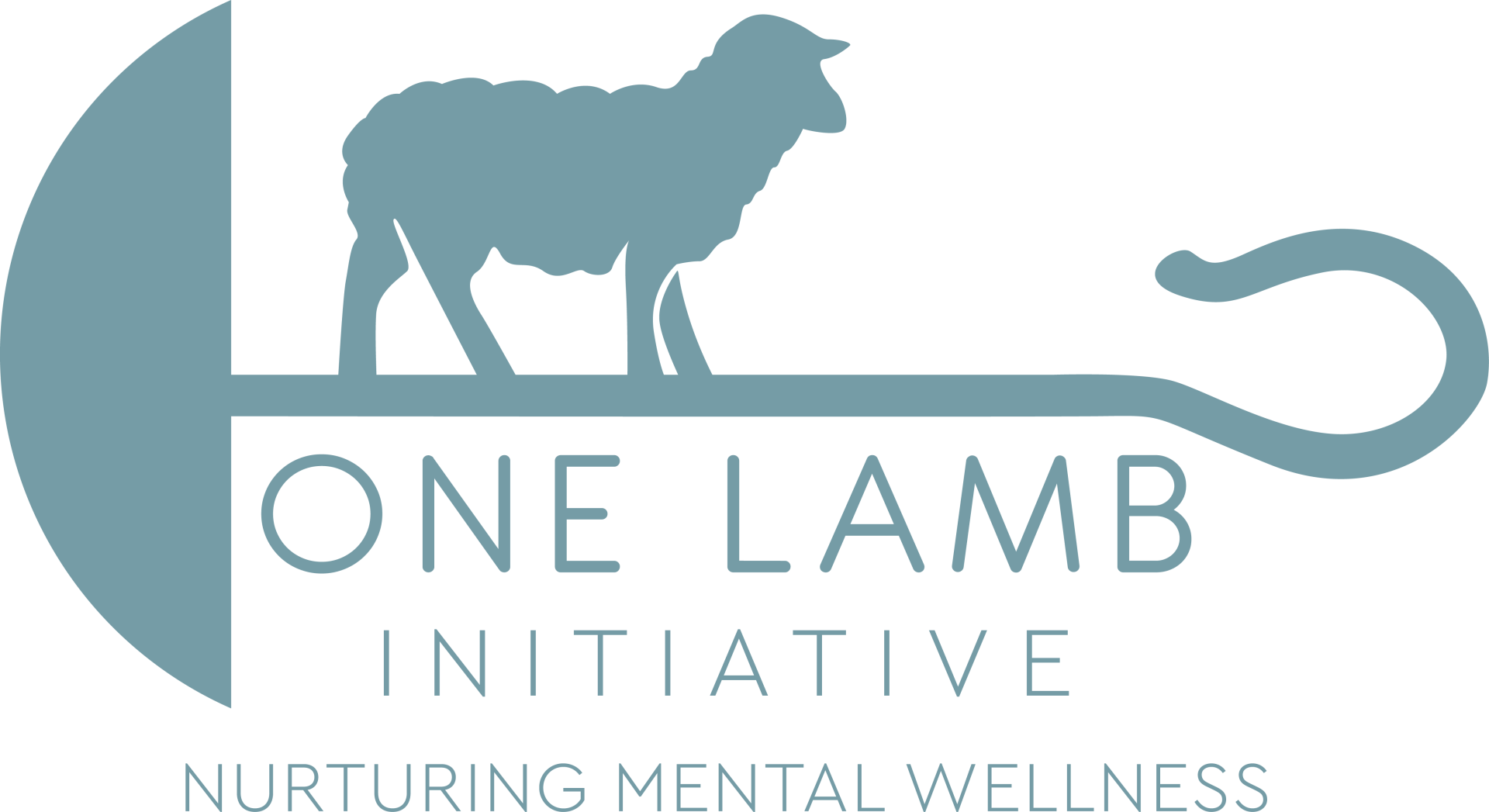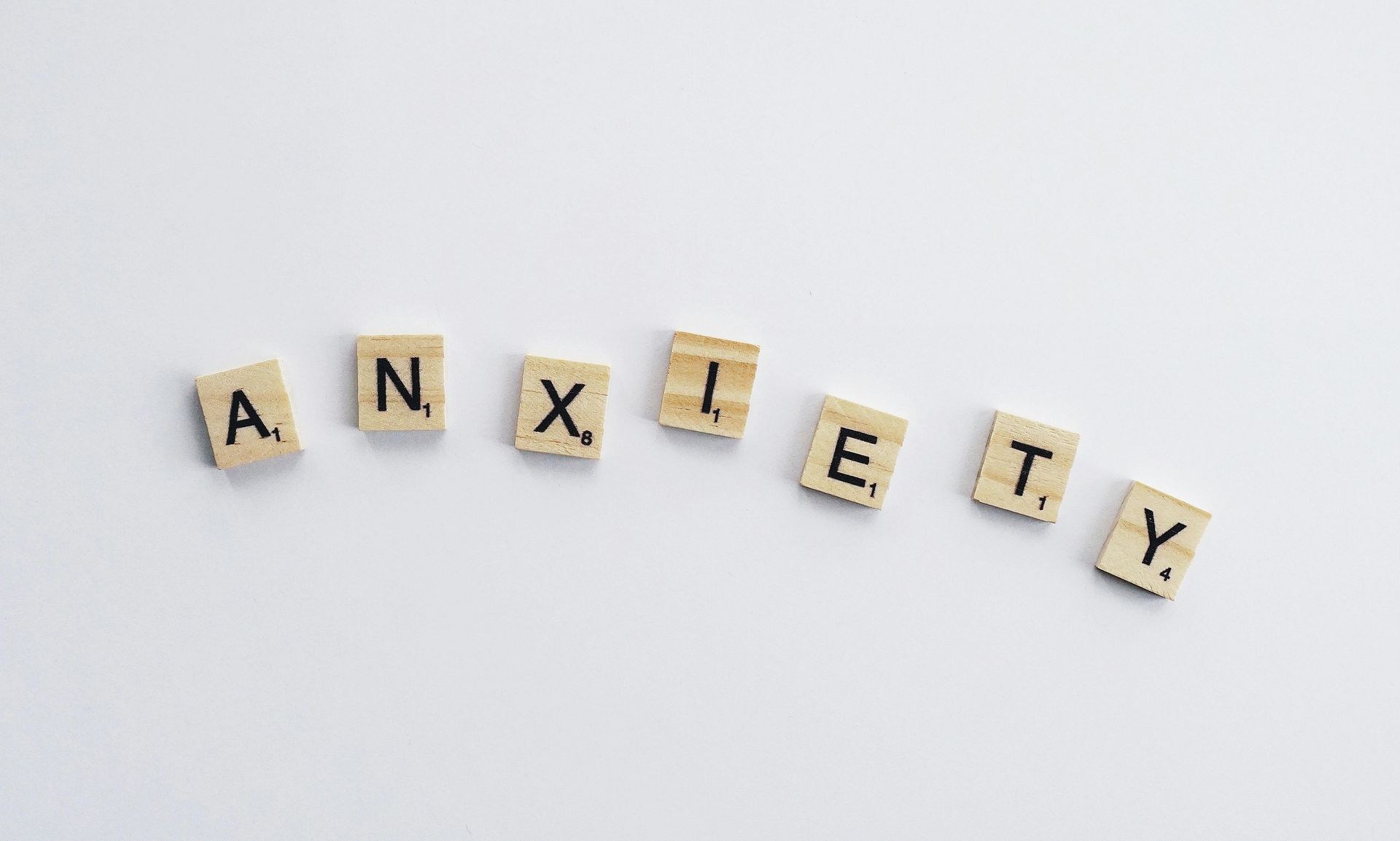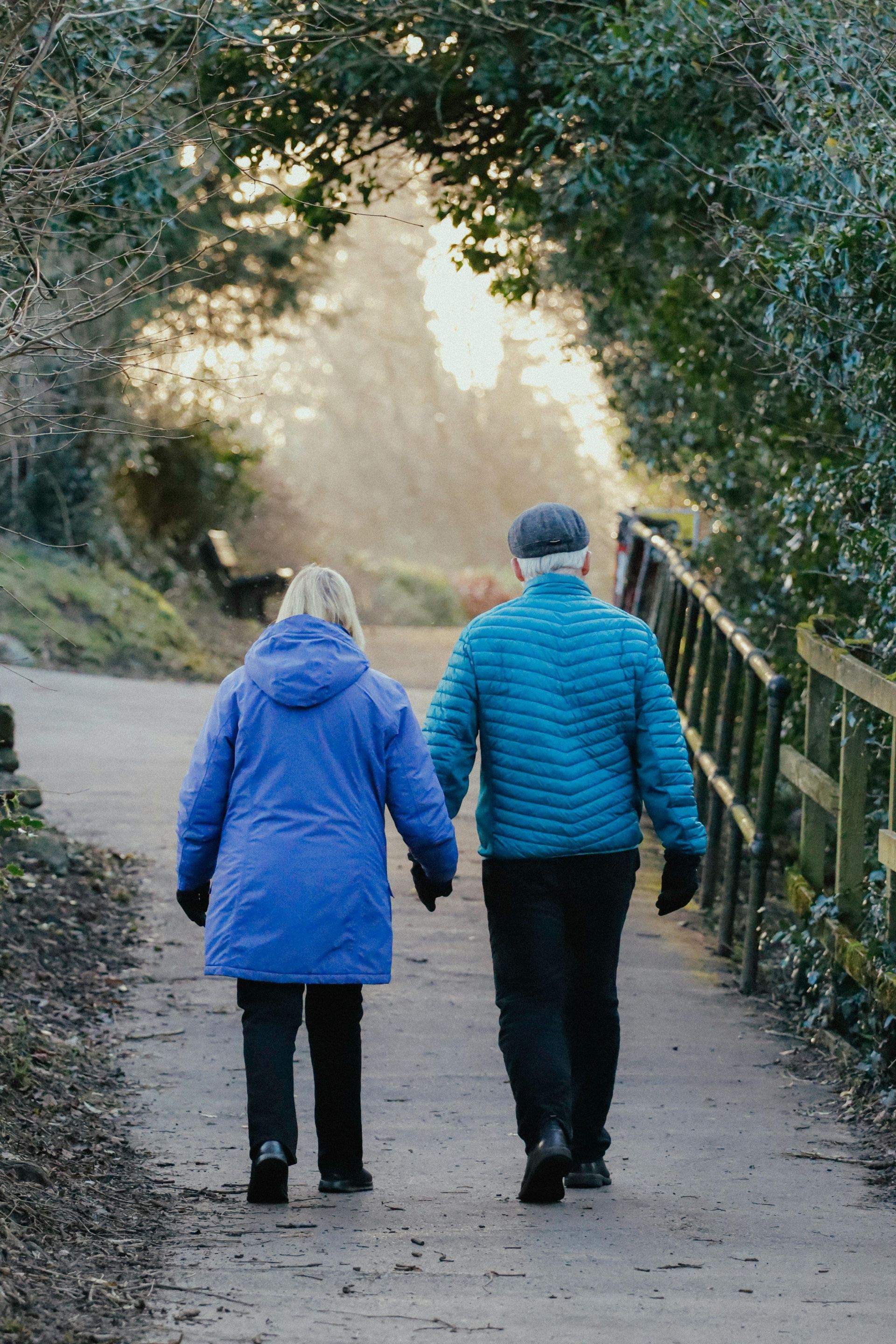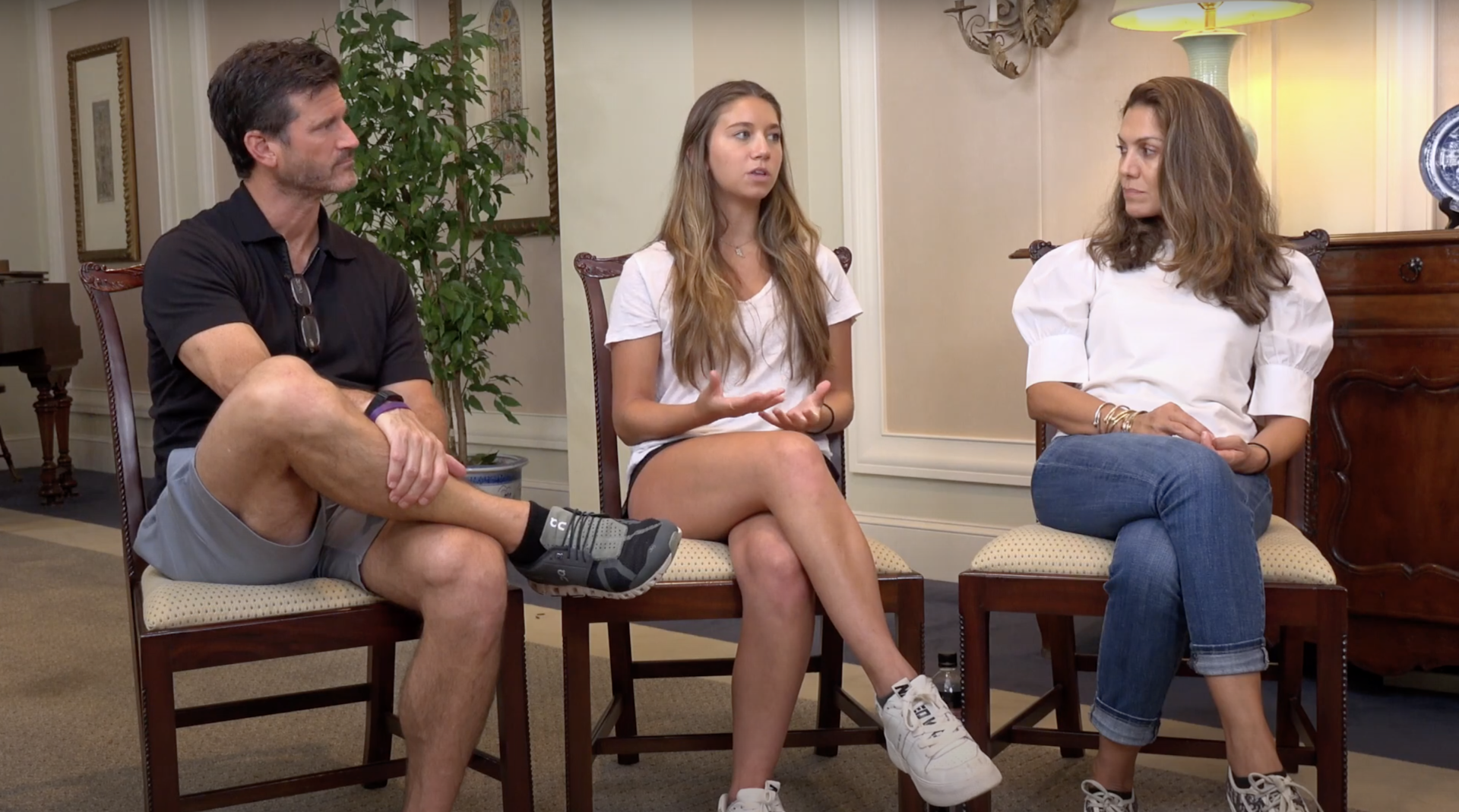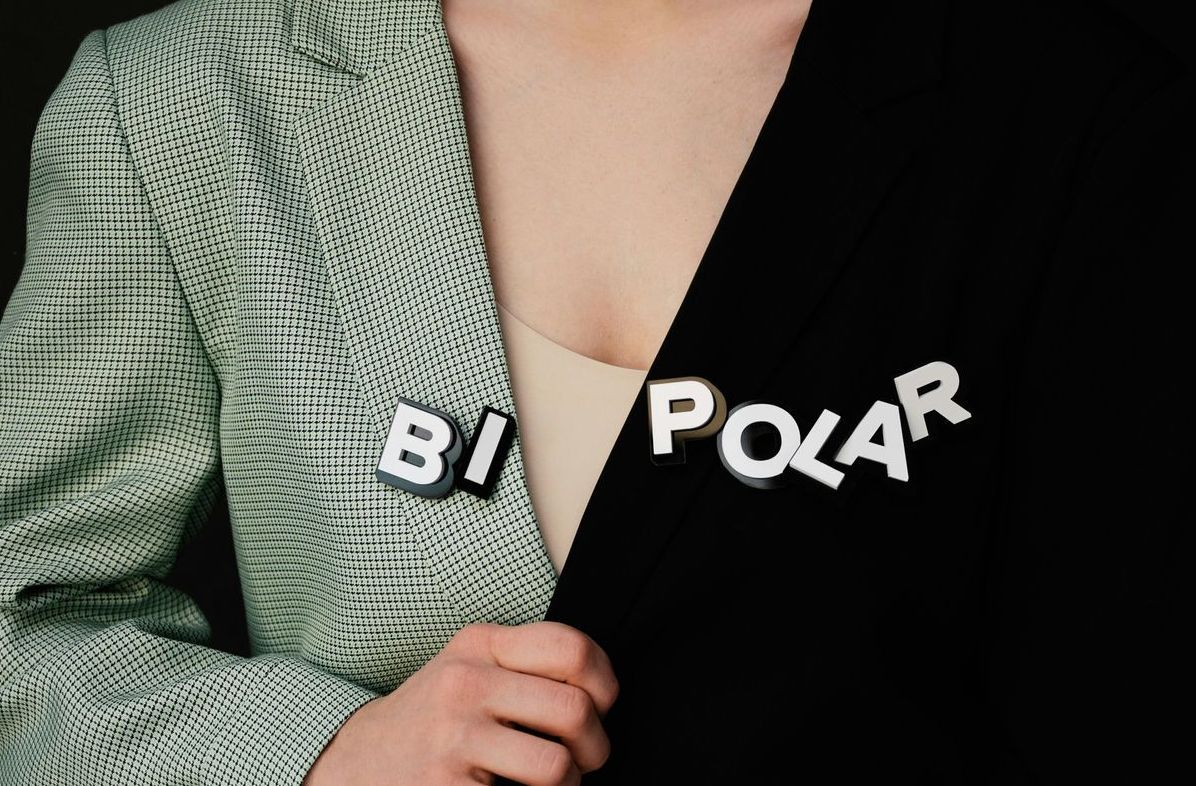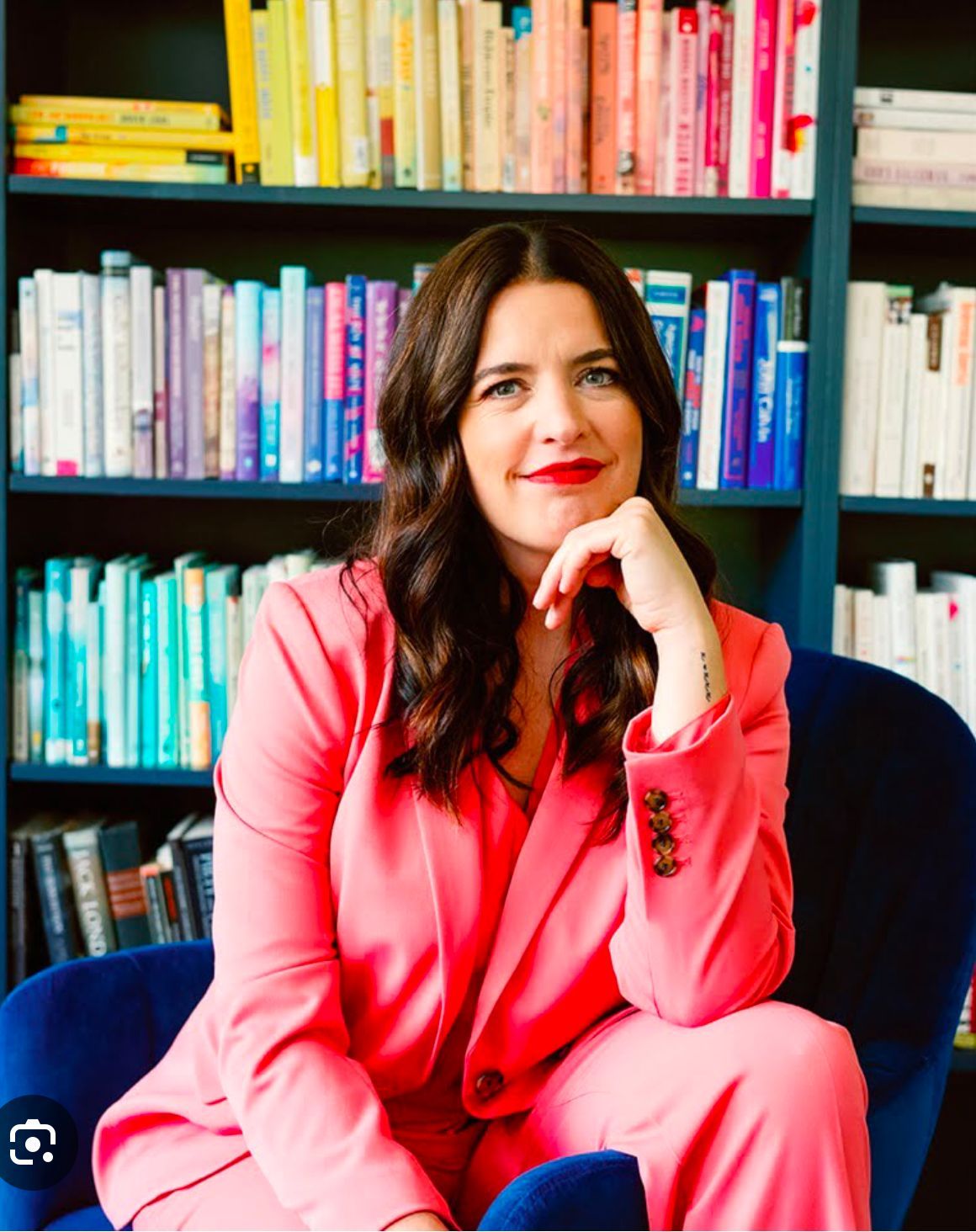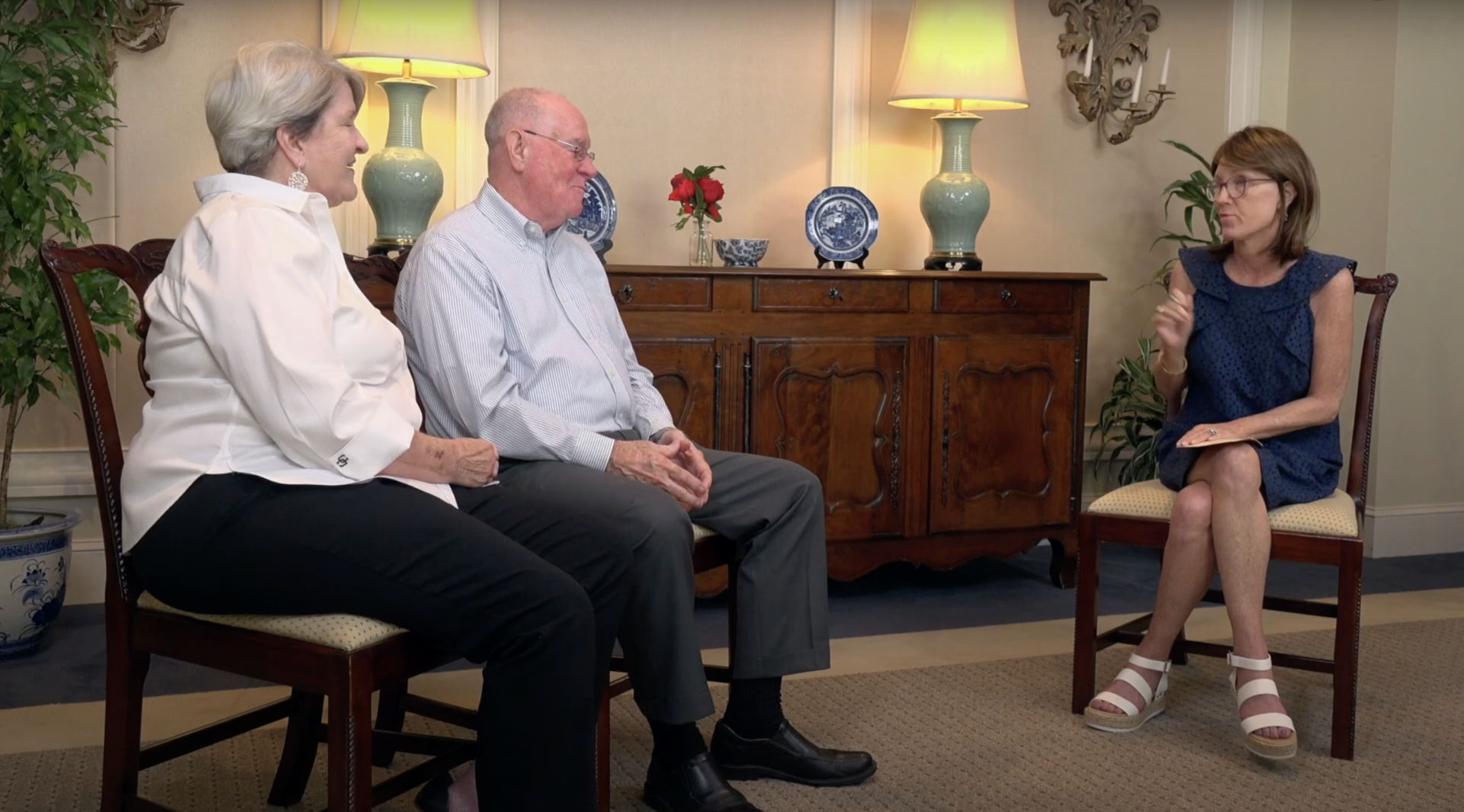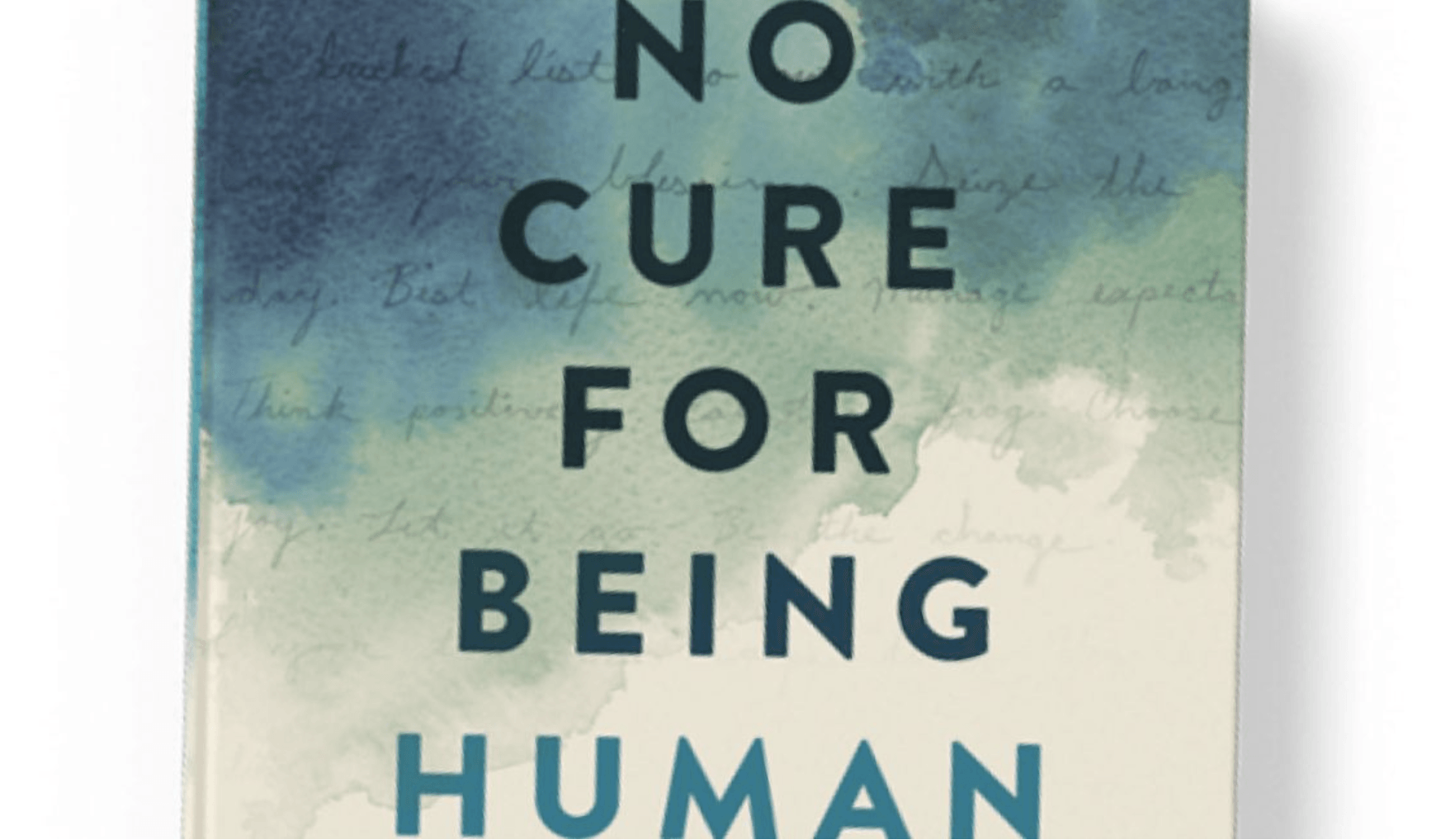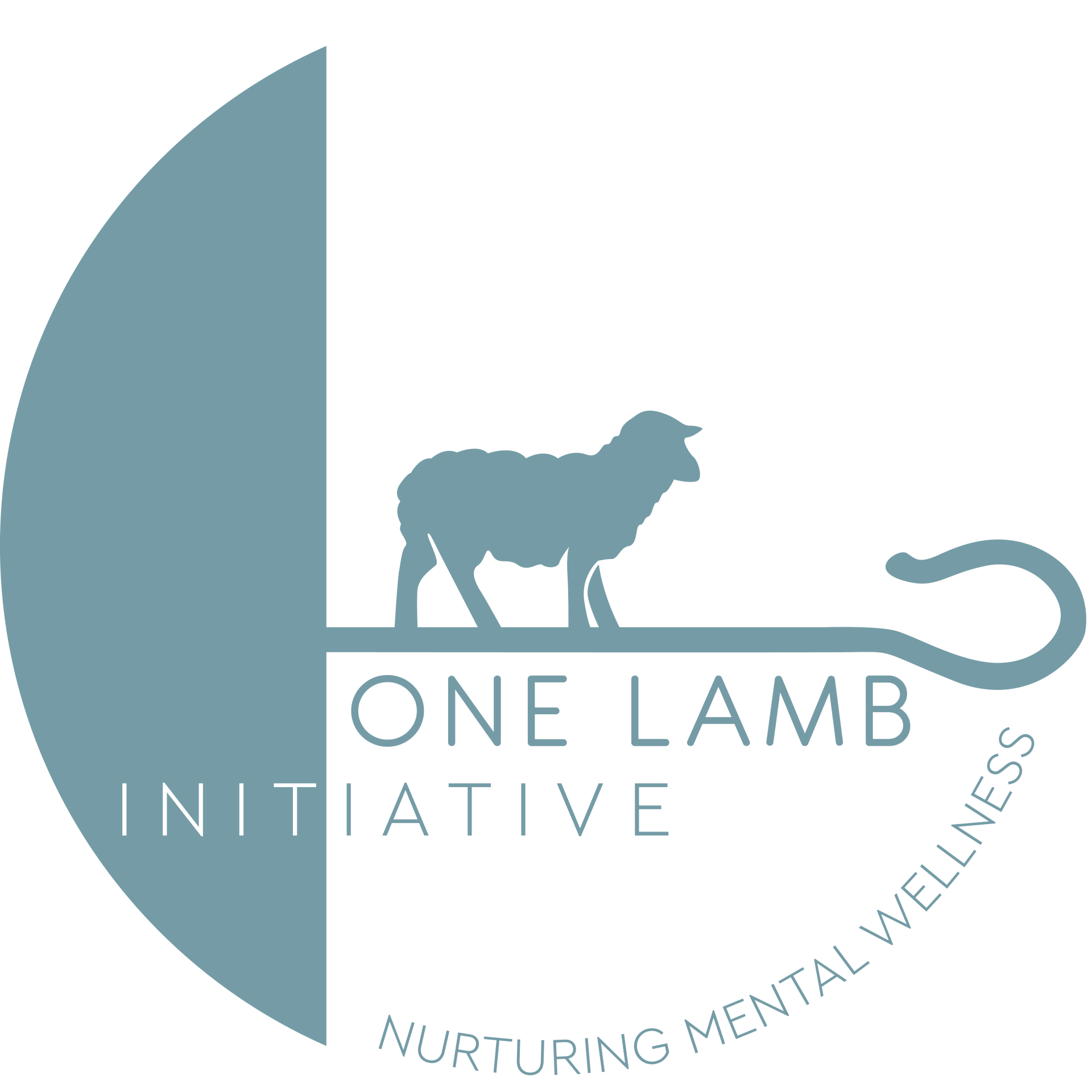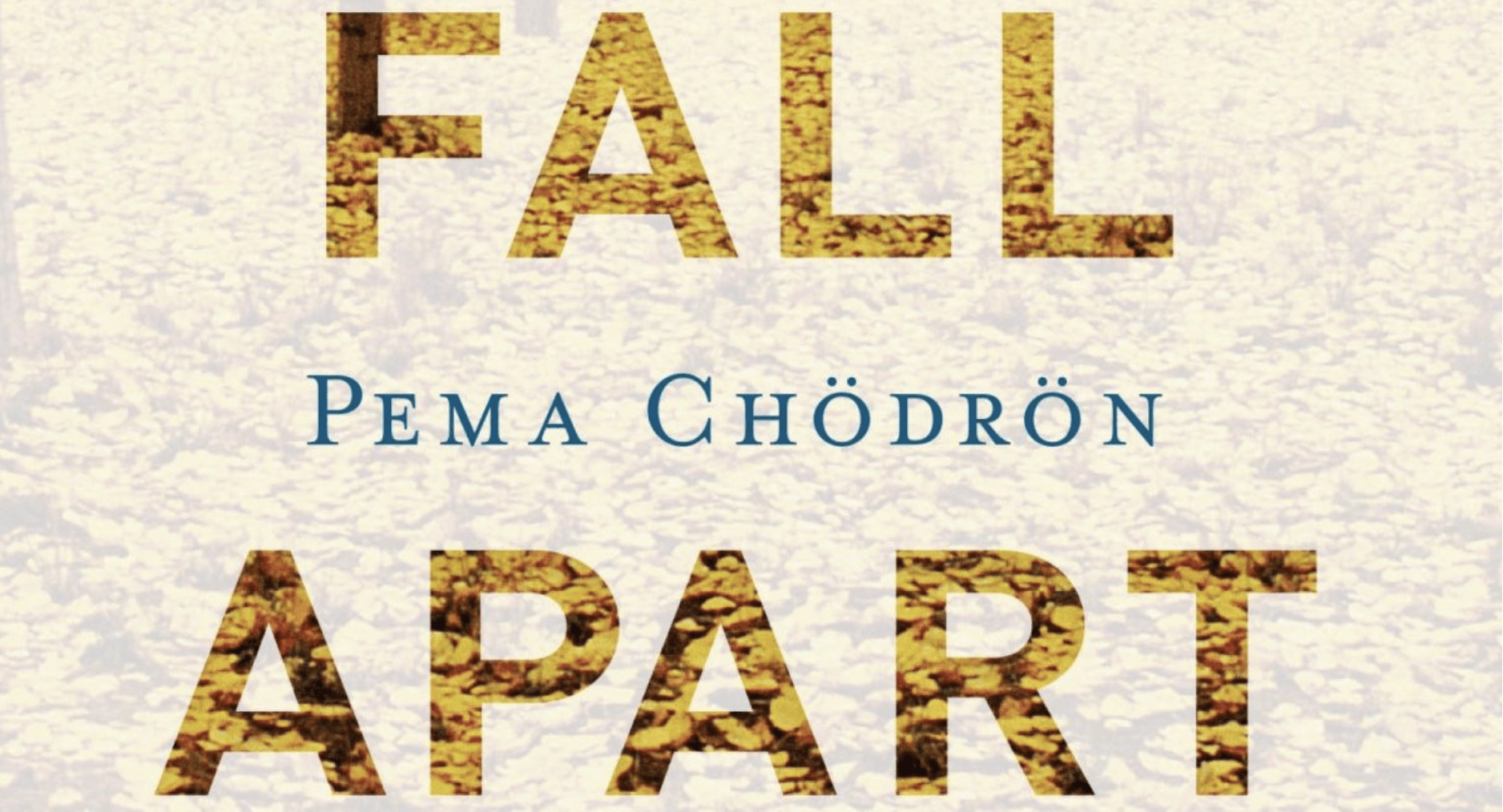
When Things Fall Apart by Pema Chodron
Book Review by Katie Mori
A therapist recommended I read When Things Fall Apart by Pema Chodron. Now if you’ve ever been in or if you are in a dark place, it is hard to concentrate on anything, especially reading a book. As I delved into this book it provided a new perspective on how to bring peace to my life. A book I continue to reread, not because it is an enjoyable book per se, but as a reminder to help work towards the wisdom it provides.
Pema draws from traditional Buddhist wisdom to offer a way to rethink our lives and lean into discomfort and struggles in order to live a more peaceful life. Life is not a destination or fitting together a beautiful puzzle for success. Life comes together and falls apart and repeats itself. The healing comes from letting there be room for all of this to happen. Room for grief, for relief, for misery, for joy.
You don’t have to be Buddhist to connect with this book. It is more about looking at your fears and using mindfulness to connect to our spiritual self; for me this is connecting to God/Jesus/Holy Spirit. In my own life our family suffered several traumatic events over a little more than a year. Some were deaths of beloved family members and some were the deaths of what I dreamt life held for me and my family. I spent my life being good, doing the right things, worked hard – tirelessly, but at the end of the day events, out of my control, happened and now my life was on a different trajectory than where I had worked to go. You may have felt similarly on March 11, 2020 when the pandemic was declared. You were a good person, but you were confined like a prisoner to your house for what you thought was a few days or weeks. You may have felt groundless not being able to know what lies ahead or if you could even buy necessities such as toilet paper. Who would have thought this could happen? But even more, how do we get through it?
After reading this book you will learn…
- Samsara – thinking we can find some lasting pleasure and avoid pain is what in Buddhism is called samsara, a hopeless cycle that goes round and round endlessly and causes us to suffer greatly. When you are absorbed by the ego, you will constantly seek more things on your path to fulfillment. You falsely believe what you seek will fulfill the emptiness you feel inside, but in reality, the ego constantly seeks more and you will always feel hollow.
- Groundlessness – If we stay in perpetual motion we are groundless. We need to learn how to sit and be with ourselves. Stop trying to avoid what is happening right now.
- Fear – when we encounter fear (heartbreak, daily ickiness, a loss/death) do not run away from it. Move yourself into the present moment and do not run away.
- Learn how fear of change and death is at the root of all our misery. Everything is always changing and ending. Trying to escape this truth is what causes anxiety. We are addicted to hope. By trying to avoid suffering, we suffer more.
- The goal is not to find constant pleasure and security or to finally arrive. There is no constant and no final destination. Life brings us ups and downs. You do not have to accept misery or bad times, but realize that “suffering is inevitable for humans as long as they believe that things last…we need to learn to relax in the midst of chaos.”
- Loving-kindness towards ourselves builds the strongest foundation. Stop telling ourselves everything is going to be perfect. See ourselves for who we really are and cultivate unconditional friendship with ourselves.
- Tonglen – a breathing practice. Using poison as fuel is at the core of tonglen. Breath in the suffering of this world, but when we exhale we send peace, love and security to all.
As I conclude this book review I will close by asking you to sit/stand still for a moment. Feel the weight of your body to your chair or your feet to the floor. Wrap your arms around yourself. Take a deep breath in, hold it, and let it go. Hug yourself. Feel the breath and light and love from others filling you up and send forth your breath and light and love to others.
